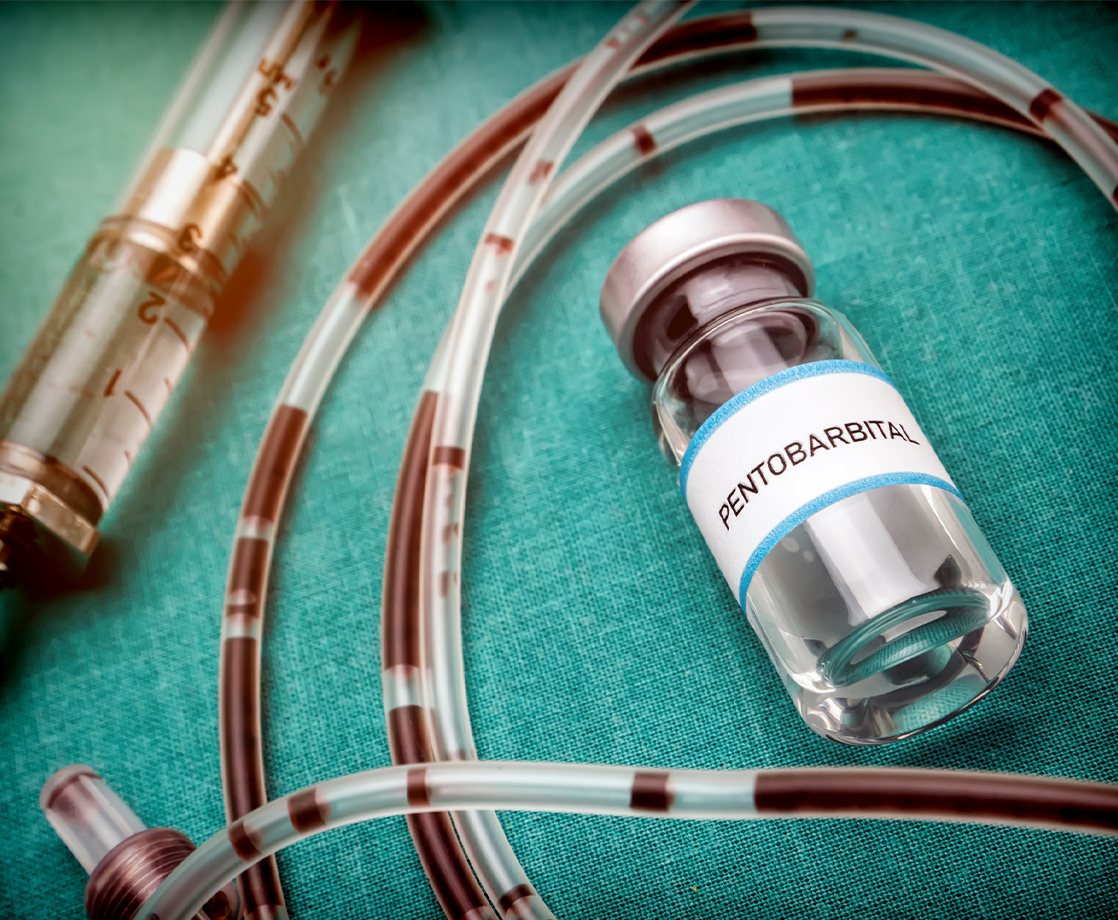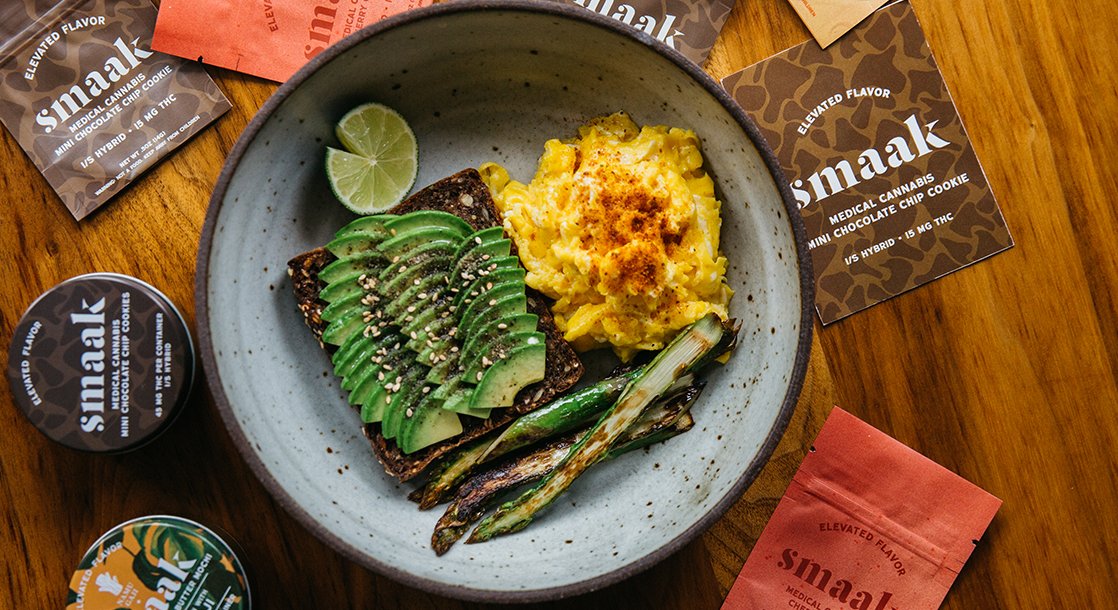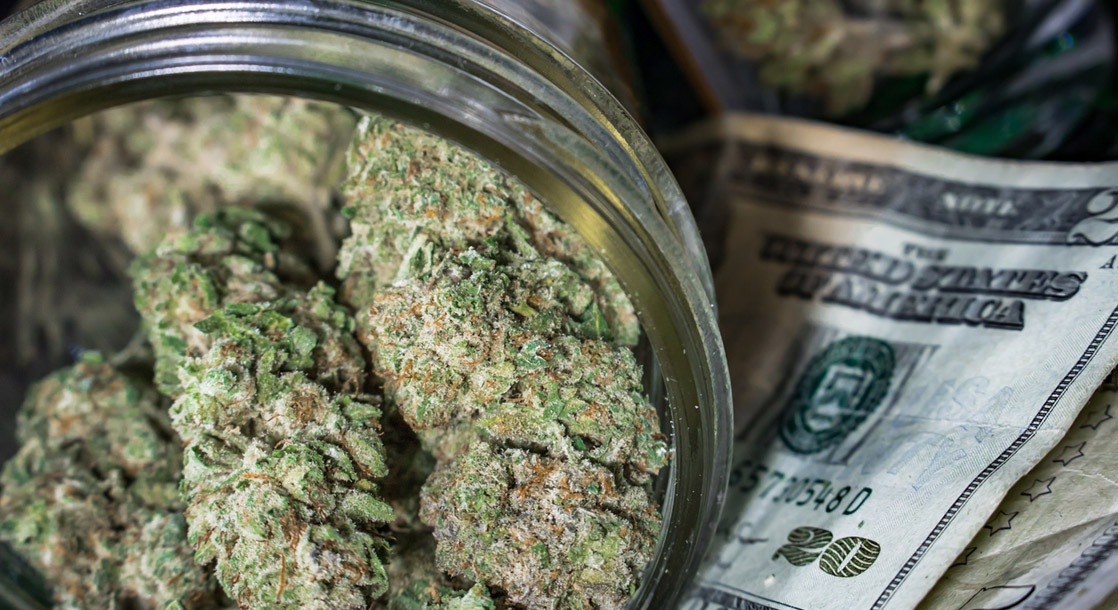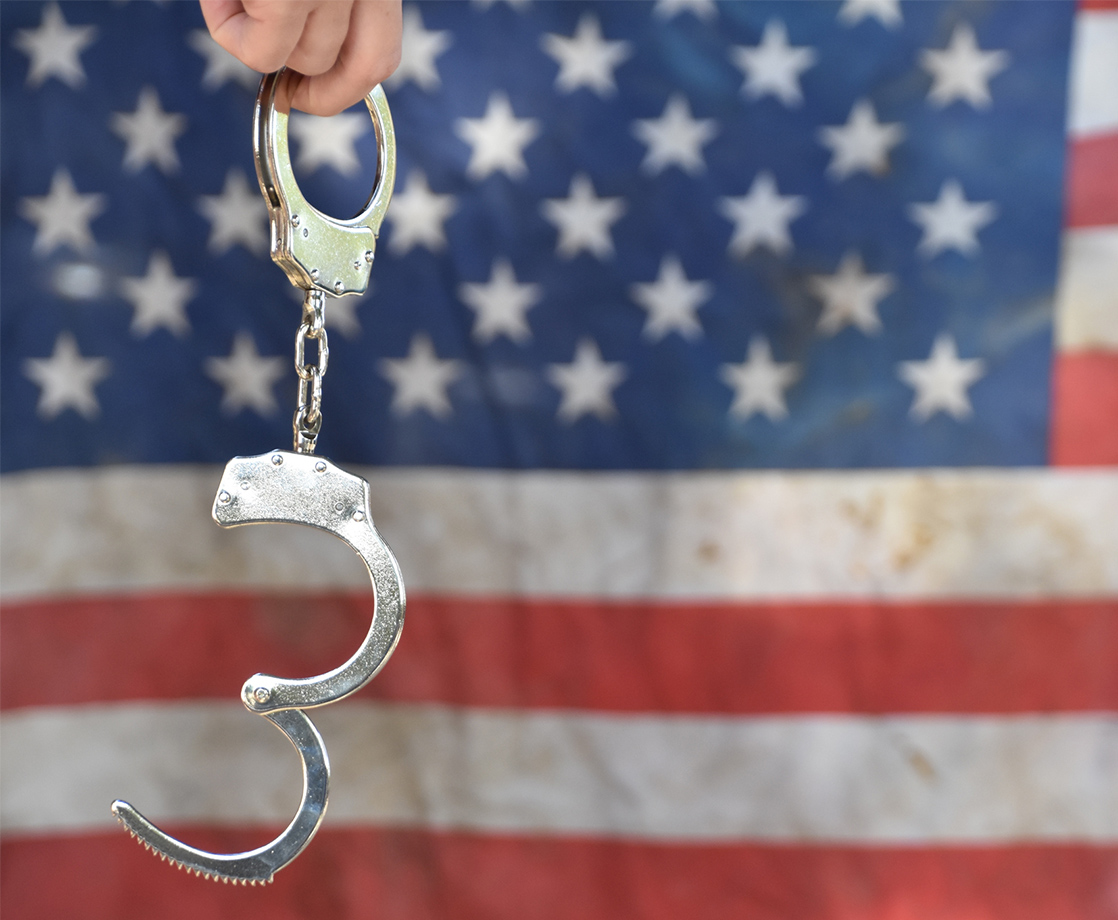As the coronavirus cases continue to rise in the US, hospital staff are seeing shortages of life-saving drugs. Many of these drugs are readily available, but healthcare workers can’t access them because the medications have been stockpiled by state governments — to execute prisoners through lethal injection.
Hospital staff require paralytics, tranquilizers, and pain killers to safely intubate COVID-19 patients to ventilators. Prisons use the same drugs to sedate death row inmates in preparation for lethal injections. Last week, a group of physicians, pharmacists, anesthesiologists, and medical researchers co-signed a letter sent to every US state that still practices the death penalty to call on corrections officials to release these drugs to hospitals across the country.
“These medicines were never made or developed to cause death — to the contrary, many were formulated to connect patients to life-saving ventilators and lessen the discomfort of intubation,” the letter stated.
COVID-19, the illness caused by the novel coronavirus, attacks the respiratory system and possibly the brain, as well. Although most people who become infected with coronavirus recover after a couple of weeks, some patients develop uncontrollable fevers and pneumonia. Patients with advanced stages of COVID-19 run a high risk of death if they cannot be treated with a ventilator to assist their breathing.
There are no exact numbers publicly available regarding how many ventilator-assisting drugs are being held by death penalty states. The drugs include vecuronium bromide, midazolam, rocuronium bromide, and fentanyl, which the Food and Drug Administration (FDA) and pharmacy organizations listed as short on supply at US hospitals, The Guardian reported.
“Your stockpile could save the lives of hundreds of people…. Those who might be saved could include a colleague, a loved one, or even you,” the letter continued.
Currently, over half a million Americans have tested positive for the coronavirus, and over 22,000 have died. While COVID-19 has hit New York State and New Jersey the hardest, new viral hot spots could arise in other parts of the US in the coming week. Some prisons even granted early release or house arrest to many non-violent, low-level inmates to prevent the spread of the virus among the prison populations and corrections officers.
“At this crucial moment for our country, we must prioritize the needs and lives of patients above ending the lives of prisoners,” the letter concluded.
Let’s hope the American correctional system does the right thing at the right time. President Trump’s proposed coronavirus cure, the anti-malaria drug hydroxychloroquine, may not be the “game changer” he said it could be, after all.











